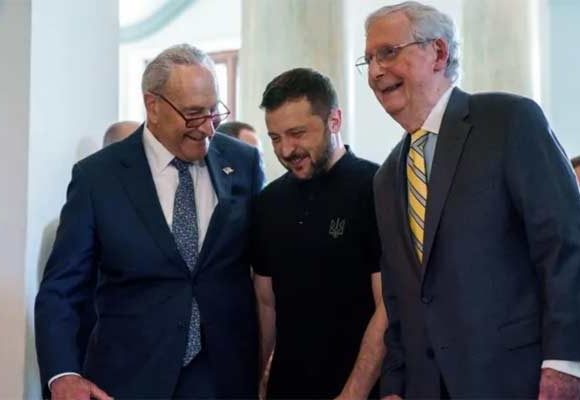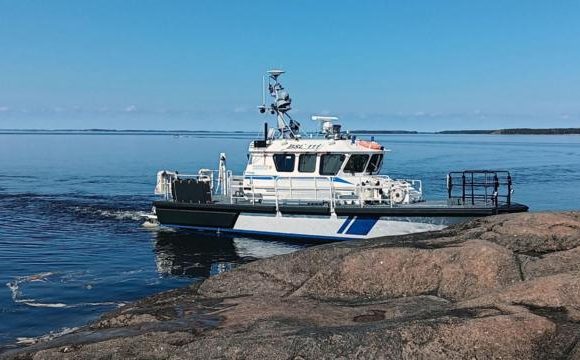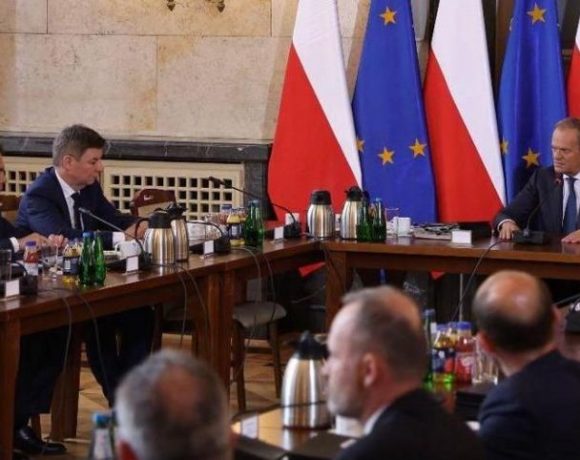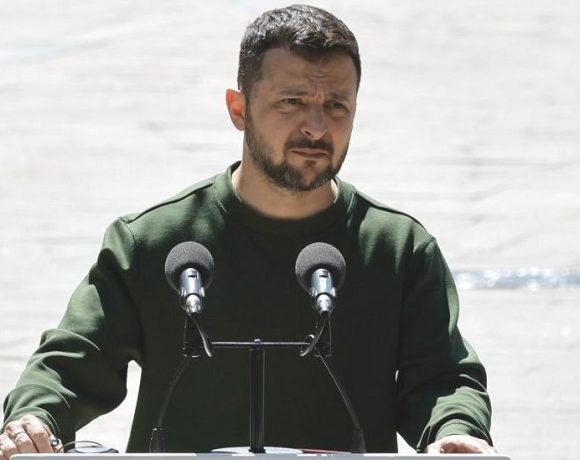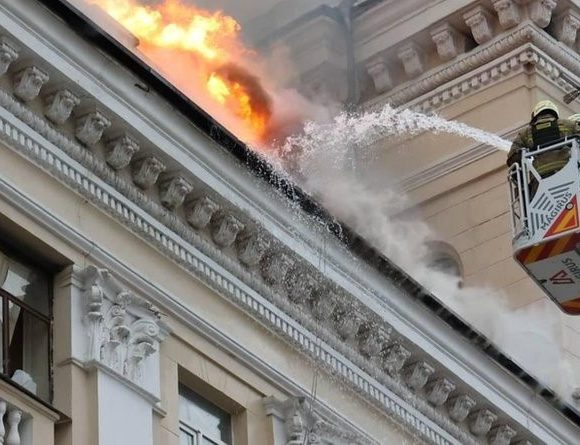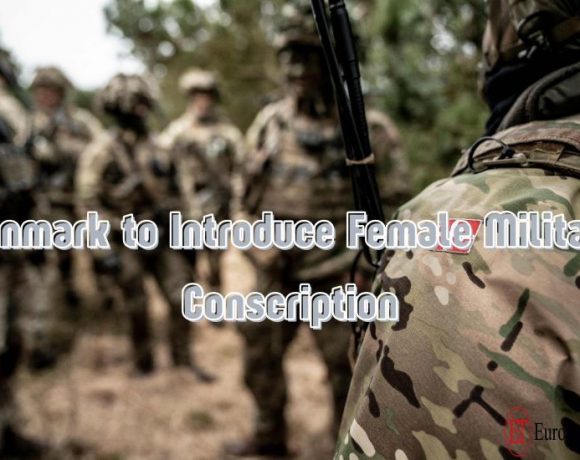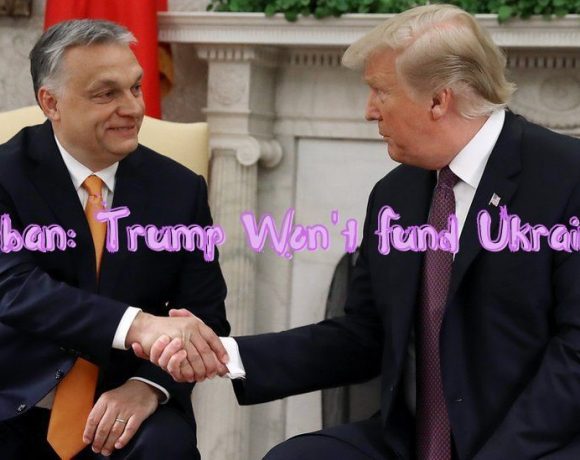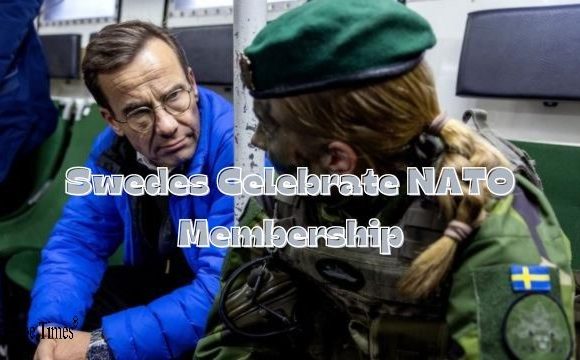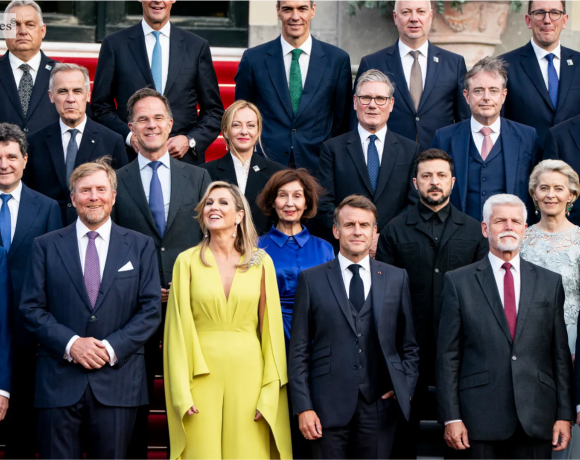
NATO leaders gathered in The Hague for a landmark summit that German Chancellor Friedrich Merz described as “historic,” with all 32 member nations expected to commit to raising defence spending to 5% of national GDP. US President Donald Trump attended his first NATO summit since 2019, receiving public praise from Secretary General Mark Rutte for his “decisive action in Iran” and efforts in securing alliance consensus. The summit opened with a royal dinner hosted by King Willem-Alexander, with working sessions scheduled to be brief but significant
The 5% defence investment goal, more than double NATO’s long-standing 2% benchmark, marks a dramatic shift in alliance priorities, spurred by growing concerns over Russian aggression. While 3.5% will be allocated to core defence, the remaining 1.5% covers infrastructure and cybersecurity. Despite initial resistance, major players including Germany and the UK pledged to meet the target by 2029 and 2035 respectively. However, nations like Spain and Belgium voiced concerns, with Madrid seeking an exemption—an idea firmly rejected by Rutte, threatening alliance unity.
Meanwhile, the summit takes place under the shadow of renewed violence in Ukraine, with Russian missile strikes killing 20 and injuring over 160 civilians. Ukrainian President Volodymyr Zelensky, who is set to meet Trump during the summit, arrives amid growing calls for NATO members to scale up support for Kyiv. As train services from Schiphol Airport faced suspected sabotage, Dutch authorities are investigating the incident, emphasizing the tense geopolitical climate surrounding the high-stakes summit.
Pic Courtesy: google/ images are subject to copyright

